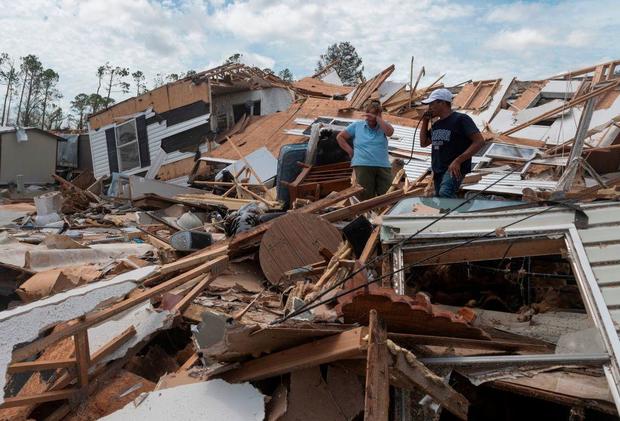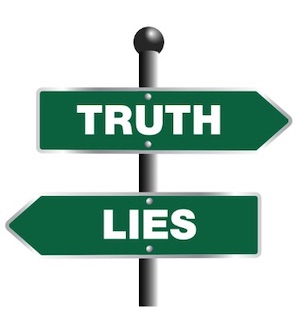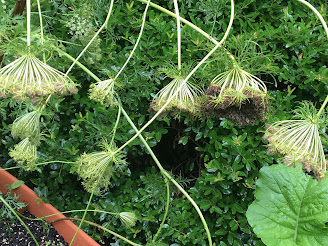by Maggid David Arfa
From Campo dei Fiori by Czeslaw Milosz, 1943
I thought of the Campo dei Fiori // in Warsaw by the sky-carousel // one clear spring evening // to the strains of a carnival tune. // The bright melody drowned // the salvos from the ghetto wall, // and couples were flying // high in the cloudless sky.
At times wind from the burning // would drift dark kites along // and riders on the carousel // caught petals in midair. // That same hot wind // blew open the skirts of the girls // and the crowds were laughing // on that beautiful Warsaw Sunday. *
I arrived nearly 10 years ago to perform at Poland’s International Storytelling Festival. On our drive to Warsaw, we passed a green road sign with white letters OSWIECIM. My breath stopped and my hair stood on edge. Oswiecim is the Polish word for Auschwitz. Just the actual place sign carried horrible power.
Later that night, I thought, is this what Native Americans feel in my home region of Amherst and Turners Falls? After all, Lord Jeffrey Amherst ordered mass murder through the perverse ‘gift’ of small pox infected blankets. Captain William Turner led a massacre of native women, children and elders. For the first time I shuddered as I imagined passing this Polish road sign as part of my daily routine, or living in a town named ‘Hitler’. Upon reflection I see how this experience added urgency to my allyship and also distanced me from my inner bystander.
My guide wanted to take me to Warsaw sightseeing. My grief, horror and caution already activated, I told him, “I can not enter the city casually. Warsaw is the cemetery of my ancestors and I need to visit slowly, with intention”. We went instead to the new shopping district.
We passed an art gallery where a giant painting was displayed in the window- a painting of three Jewish men wearing black suits with white shirts draped with tallitot. They had small bead eyes, grotesquely large noses, and were gleefully ogling over a table overflowing with gold pieces, jewels, rings and necklaces. My guide just laughed and said “people buy those pictures because they want good luck in business”.
Further down the road, I noticed little figurines of men in black and white striped concentration camp uniforms mixed in with dancing klezmerim, figurines with little violins and clarinets. Then, a mourning dove dropped dead from the sky and missed me by less than an inch. I jumped back, eyes wide, heart racing and looked up and saw 4-5 terraces above and not a person in sight. I couldn’t help but wonder if my Yarmulke was the target.
Later in the week, after the storytelling, I visited the memorial for the Warsaw Ghetto Uprising. I could not find it from the map. A police officer led me through an apartment complex iron gate into an enclosed courtyard where the memorial lives. There were candles on a stone shelf in the wall; I lit a candle, prayed, remembered and grieved. When I was ready to leave I discovered the gate I entered was locked. I searched for over 15 minutes and could not find my way out. I had to force myself to breathe as I battled panic, desperation and fear. Finally, someone appeared with groceries. Again, with laughter, they showed me the electric switch which allowed me to exit.
That night at the hostel, other Jews found me and we shared stories; found words for our emotional days immersed in painful history. One story was eerily similar to mine: she was at a concentration camp, walked through construction, entered a room with crematoria and the door stuck shut behind her. She had to kick and push with all of her might to be released.
We wondered how the other tourists could innocently ignore such violence crying out all around. Someone shared the poem “Campo dei Fiori” by Czeslow Milosz, written in 1943, and we despaired that people could be so morally disengaged that they could actually ride the tall ferris wheel for fun while ‘salvos’ (rapid gun-fire) occurred down in the Ghetto below.
Once home and back to my routines, I read the book Amazing Grace which took me to the poorest county in America, the South Bronx. As I read, the Shofar’s blare grew louder inside my heart and became deafening, I threw the book down! I screamed and howled as my complicitness was unveiled. Author/educator Jonathan Kozol introduced me to the kids, their families and the school life of that place. Their schools have too few textbooks and desks; broken heaters, leaky roofs, overflowing bathrooms. The kids can't play outside after school because gang members are in the park and drugs are being abused. Their homes are homes of poverty, often without enough food or any books, games or toys- just a TV.
I was grief stricken, ashamed. I immediately saw myself like the bystanders who ignored the Shoah. My suburban highschool was less than 10 miles away from downtown Detroit where similar places exist. Our abundance of not only books and desks, but also a swimming pool, a weight room, and a state-of-the-art science lab made me complicit, like one who is sleepwalking, riding the ferris wheel next to the ghetto!
For so long, my suburban naivete (aka white racialized identity as taught by Robin Diangelo) blinded me from connecting what I learned about poverty and structural racism, to my immediate life. In my everyday experience, I wrongly and conveniently protected myself by believing that racism was limited to individual perpetrators who exhibit ugly and mean bigotry. I recognized how my utterly segregated life in suburban Detroit made these harsh disparities disappear. My deep fears of traumatic victimization and primal terror of annihilation, primed by a lifetime of good, solid post-holocaust Jewish education and life, shocked me out of my complacency. But truthfully, the intensity was so painful, I went back to sleep; I moved my attention away, seduced again by the amusement of the ferris wheel.
What to do? How do I stop sleepwalking and ignore the many amusements that are placed before me?
Lo and behold, Elul wisdom from South Warsaw offers Tikkun, repair for these wrongs we hold tight against ourselves with chains of guilt and shame. Our Rabbi, the Sfat Emet, teaches that in these moments of gazing deeply, we must remember to bring self compassion to ourselves. He teaches that our compassion holds power- the very power that stimulates God’s compassion for us. We are encouraged to reach for compassion for ourselves because we all have our limits, and we all carry an inner spark of holiness,
This compassionate forgiveness does not allow for continued ignoring of wrongs. It frees up action in the present and future; it addresses the paralysis of shame that can overwhelm. Here, when I reach for self compassion, I find hope renewed and new strength for activism. I remember I am part of a multi-generational story and I do not have to be perfect and carry the burden of actually completing all the work of the world. I do not have to walk through the desert, on my knees for miles, all the while chanting repent.
When I allow self compassion to soothe my past inaction, I'm freed to remember I can always pay it forward and begin again. My compassion for my past mistakes and deeds I’ve left undone allows me to sing out loud and clear, without hypocrisy, ‘Wake up everybody no more sleeping in bed’. May we all find ways to awaken, rise up and be fully ready for what this new year may bring. **
* https://www.poetryfoundation.org/poems/49751/campo-dei-fiori
** https://www.youtube.com/watch?v=3ZPusIeehQo; Contemporary version of ‘Wake Up Everybody’ to encourage voting.
Maggid David Arfa is currently a full time health care chaplain with a specialty in trauma informed care. One aspect of this journey has taken him deep inside the new integrative field of ‘interpersonal neurobiology’ which collects the science reminding us that not only are mind and body one, but as the Kabbalists and Ecologists have taught, we truly are interconnected.
He has also produced two storytelling CD’s, "The Birth of Love: Tales for the Days of Awe", and the Family Choice award winner, "The Life and Times of Herschel of Ostropol: The Greatest Prankster Ever To Live". His full-length storytelling performance, "The Jar of Tears: A Memorial for the Rebbe of the Warsaw Ghetto" won the Charles Hildebrandt Holocaust Studies Award in honor of its artistic excellence, depth of vision and technical mastery. To view other writing and programs, please visit www.maggiddavid.net.























